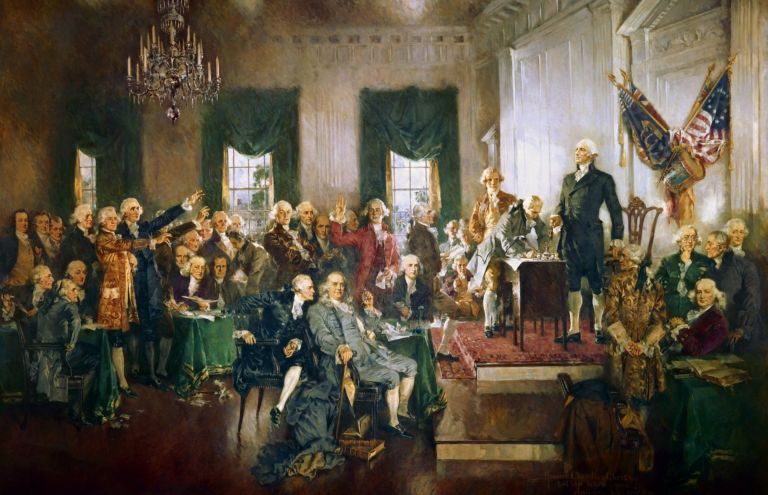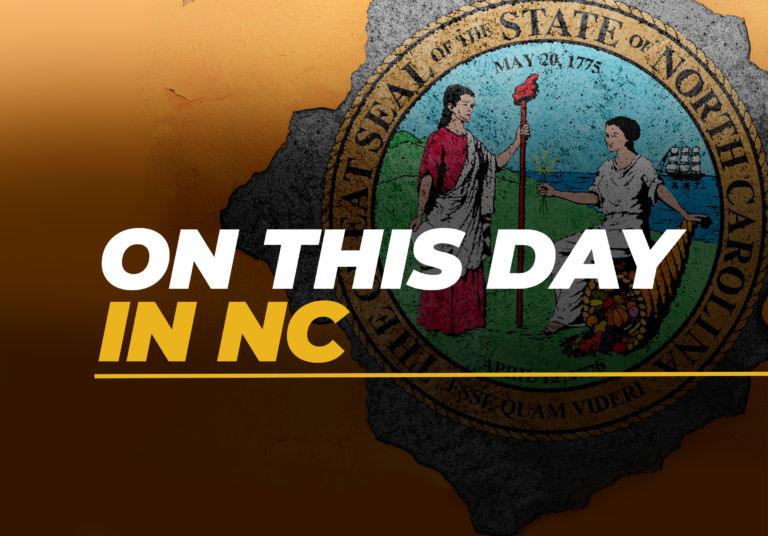In discussing the U.S. Constitution, our thoughts usually turn first to the Bill of Rights. And rightly so. Those ten amendments to the Constitution transformed it into a revolutionary vision of government’s relationship to people.
Recent months and years have made it patently evident that political ideologues would be using the great and terrible powers of the federal government to grind down opposition and dissent, were it not for the Bill of Rights.

Writing for the North Carolina History Project, historian Troy Kickler showed that without North Carolina’s debate over the Constitution, it’s possible we wouldn’t have this world-shaking protecting of God-given individual rights against government:
Many North Carolinians remembered the Parliamentary abuses before the Revolutionary War and questioned giving more authority to what would become the federal government. Tar Heel Anti-Federalists, including the influential yet somewhat reticent Willie Jones and the vocal and somewhat bumbling Judge Samuel Spencer, questioned handing any more power from the individuals and the states to the general government.
Unlike other states, there were two ratification conventions in North Carolina. One was in Hillsborough (1788) and the other in Fayetteville (1789). … At Hillsborough, Anti-Federalists preferred a quick vote and dismissal while the Federalists desired opportunities to provide commentary for the record. Ultimately, the delegates debated and discussed such issues as defining local and state responsibilities and the necessity of paper money and religious oaths of office. Much debate centered on questions regarding taxation. In many ways, the Regulator spirit remained in many parts of North Carolina, and many delegates were concerned with local authority or wanted a declaration of rights added to the submitted constitution.
In Hillsborough, the delegates voted neither to reject nor ratify the U.S. Constitution (184-84).Some historians have called this “the great refusal.”
In subsequent months, debate continued not only in North Carolina but also in other states regarding the necessity of the Bill of Rights. After being assured that a declaration of rights would be added to the Constitution, in November 1789 North Carolina ratified the Constitution by a vote of 195 to 77 at the Fayetteville Convention. …
In the end, North Carolina’s heated political debate and strong dissent contributed significantly to ensuring that Americans have a Bill of Rights.


